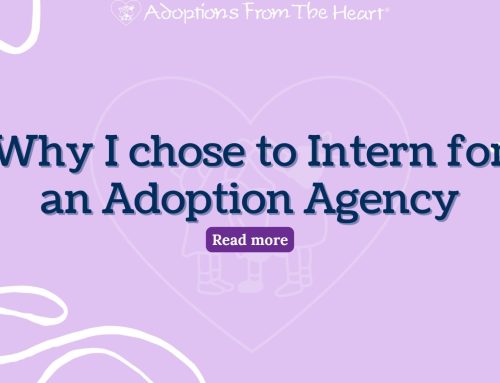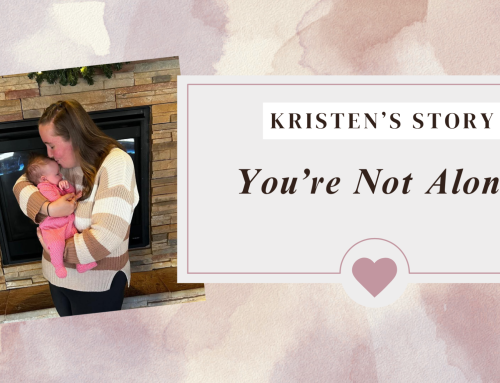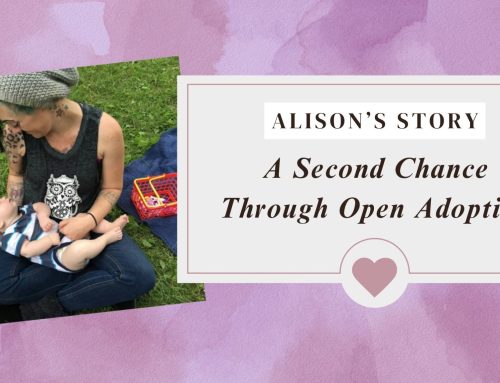Our team in Glastonbury, Connecticut recently celebrated a huge milestone with their office’s 10 year anniversary. We recently interviewed Susan Myers, District Supervisor and Out of Area Program Coordinator from our Connecticut office. In the interview Susan looks back on the office’s growth and achievements within the past 10 years. Here are our 10 questions in honor of 10 years:
1)What are some of the significant areas of growth and achievements you have seen in the Connecticut office since you became the District Supervisor in 2014?
Since I joined AFTH in 2014, the CT office has seen steady growth and expanded to serve more expectant/birth parents than in the previous years. We have done more community outreach and developed an Open House for professionals each spring to inform social workers, counselors, etc about our programs and services.
2) What are some additional programs that the AFTH Connecticut office created to incorporate into their list of services for clients?
We added a few post-adoption programs for both parents and children, and hope to continue to expand in this area. We have also developed a good working relationship with the Mother to Baby program in CT and their director, a maternal health expert, offers an educational series on prenatal exposure for our adoptive families.
3) In your own words, what is the most rewarding part of a) Being a District Supervisor? & b) Being a part of the Adoptions From The Heart team?
The most rewarding aspect of being a part of the AFTH team is knowing that there are other competent, caring and compassionate adoption professionals working with me, even if I don’t see or speak to them daily.
4) What are three words you would use to describe your team at the Connecticut AFTH office?
Our team in the CT office is small, but mighty! We all work well together and are diligent, organized and responsive to all our client’s needs.
5) As an adoptive parent yourself, what is some advice you would give to parents during the adoption process?
As an adoptive parent, the best advice I can give to parents going through the process is to have faith and trust: in a power greater than themselves if they are religious, in the agency, in the birth parents.And to not overlook how important and valid their child’s need for knowledge about where they came from can be. The great gift of domestic adoption, as we practice it, is that they will have the ability to share that information and answer their child’s questions.
6) What are some of your favorite events the Connecticut office has held within the past 10 years?
We have worked to establish a new location for our summer picnic, having to make a change from the amusement park where it had formerly been held. I’m thrilled and delighted now that after some trial and error, we have been holding it at the Beardsley Zoo in Bridgeport, a perfect venue for us!
7) What is the best part about catching up with different families whom the AFTH Connecticut office has worked ?
The best part of catching up with families we’ve worked with is seeing how their child is growing and developing, and how the parents may have changed too! I also feel very rewarded and gratified when I hear them talk about how the relationship with their child’s birth parents has evolved from one of fear and caution to one of love and compassion.That’s our goal!
8) What do you think of when you hear the term “Open Adoption?”
Open Adoption is really the way all adoption “should” be. There is no one size fits all, and openness is not the same as contact, which people sometimes forget. We know from research conducted over the past 30 years that openness in adoption is best for the child, and this process is really about the child, not the parents.
9) What is a book you recommend that parents read in preparation of adopting a child?
One of my favorite adoption books is The Spirit of Open Adoption by Jim Gritter.
10) Do you have a favorite quote from the book?
Yes, I do! –“The nurturing culture of a healthy open adoption system brings out the honor in people. Honor – profound respect for others- is crucial to the institution of adoption. Without it, adoption quickly degenerates into exploitation”.




